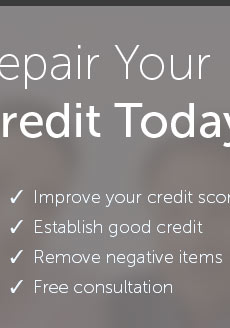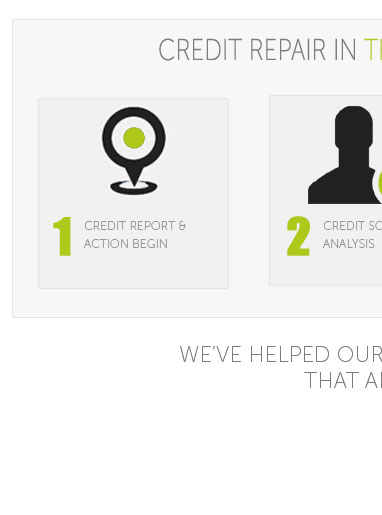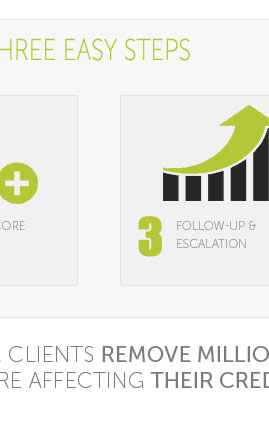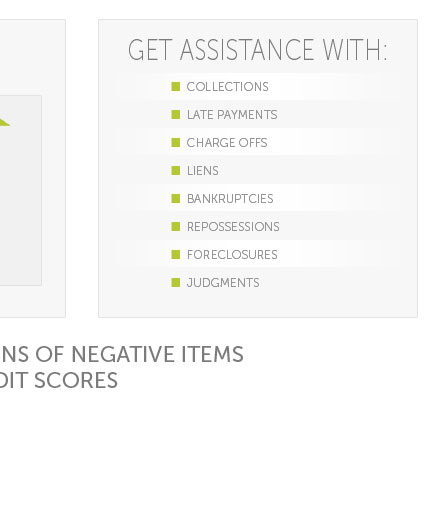 |
|||
|---|---|---|---|
 |
 |
 |
|---|---|---|
 |
||
 |
 |
 |
 |
|---|---|---|
 |
Unlock your financial potential and break free from the chains of poor credit with our unparalleled credit repair services; it's time to take control of your financial future by learning how to start building credit from the ground up-empower yourself with our expert guidance, tailored strategies, and cutting-edge tools designed to elevate your credit score and open doors to opportunities you never thought possible, because with us, you're not just repairing your credit; you're rewriting your financial story with confidence and clarity.
https://www.capitalone.com/learn-grow/money-management/how-to-establish-credit/
5 tips to start building credit - 1. Apply for a secured credit card - 2. Become an authorized user - 3. Take out a credit-builder loan - 4. Use credit responsibly.
5 tips to start building credit - 1. Apply for a secured credit card - 2. Become an authorized user - 3. Take out a credit-builder loan - 4. Use credit responsibly.
https://www.quora.com/How-do-I-build-a-credit-without-employment-a-credit-card-and-bills
To start building credit, secured credit cards would be a good place to start. This is where you put money on deposit and the bank uses that ...
To start building credit, secured credit cards would be a good place to start. This is where you put money on deposit and the bank uses that ...
https://www.reddit.com/r/CRedit/comments/18nulzb/how_can_i_start_building_credit/
I was thinking of joining Capital One bank or maybe Discover and I looking into getting a Experian smart money cards.
I was thinking of joining Capital One bank or maybe Discover and I looking into getting a Experian smart money cards.